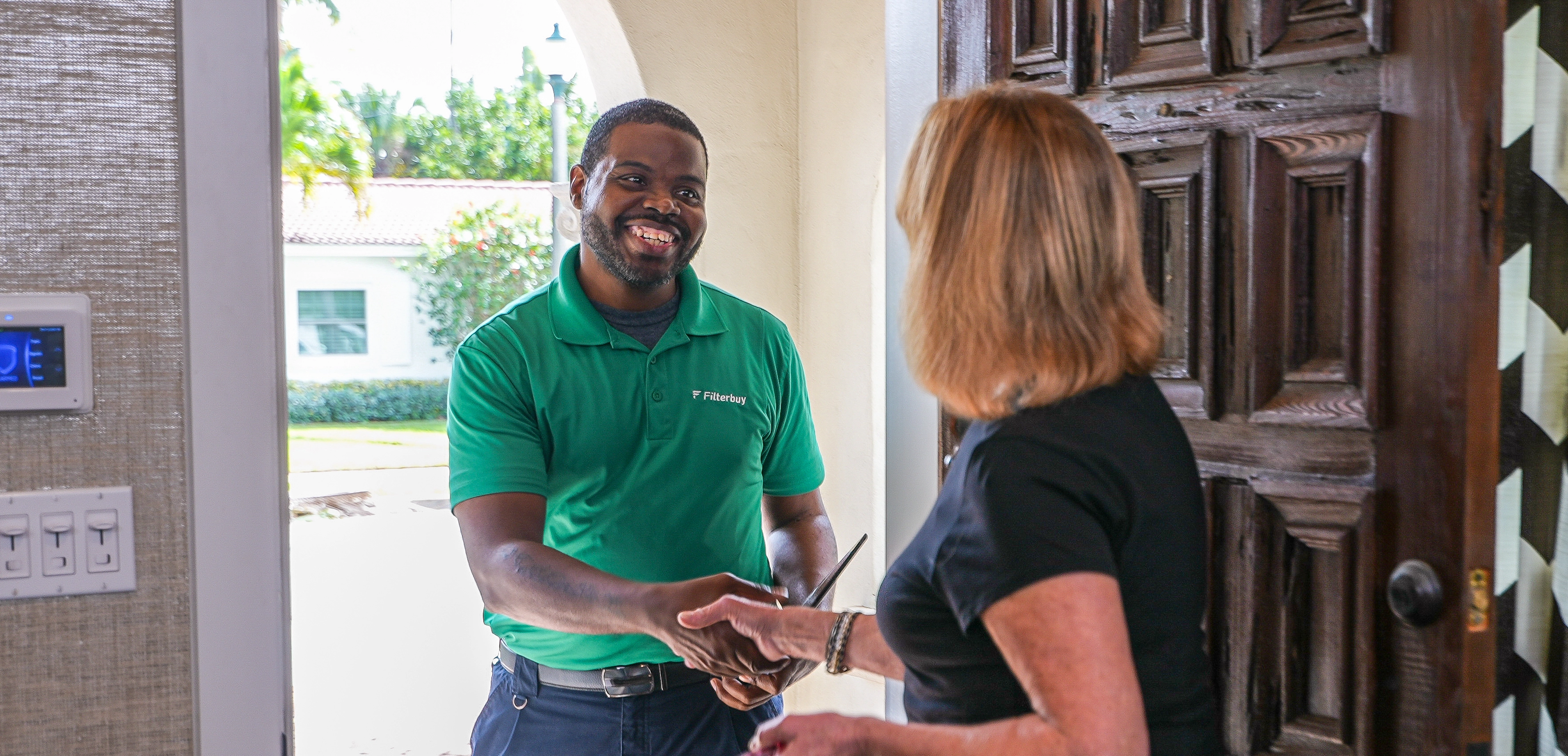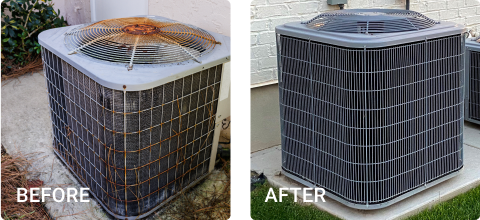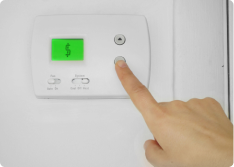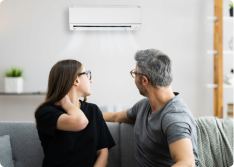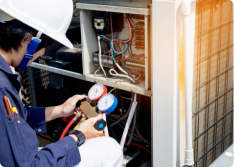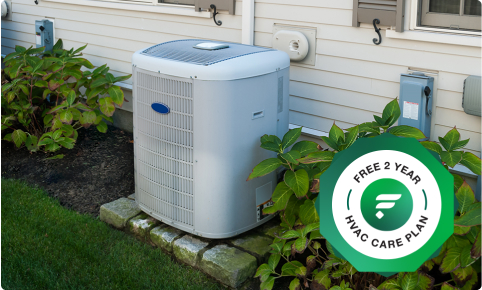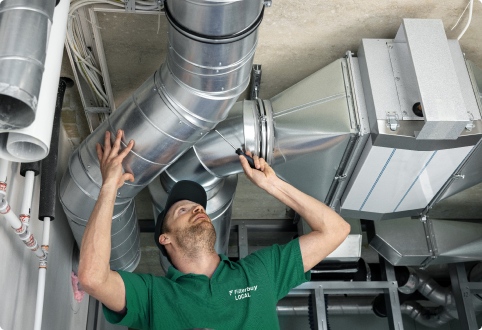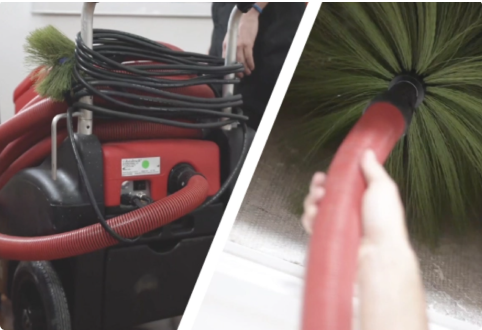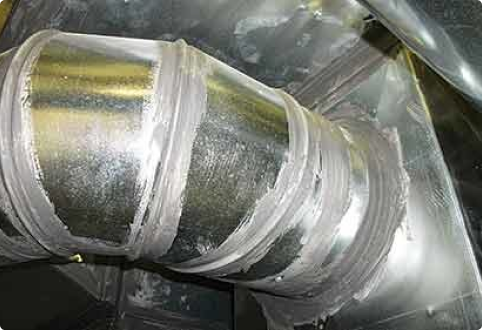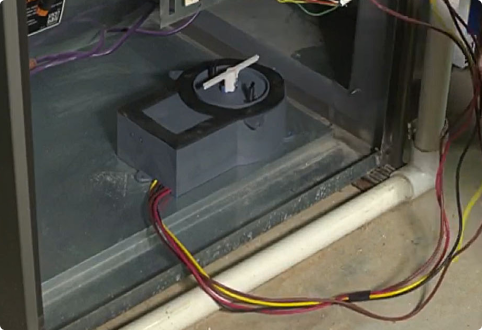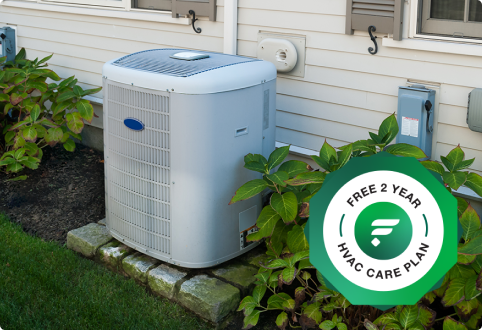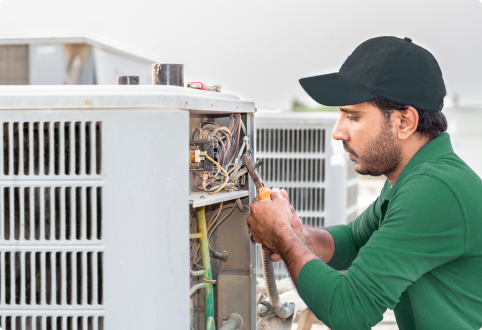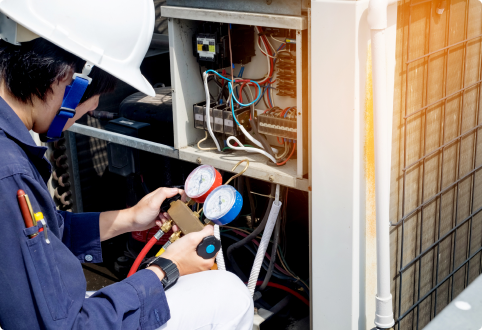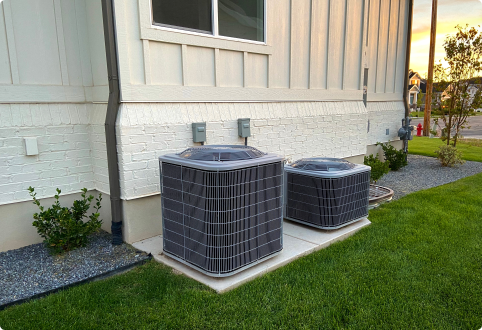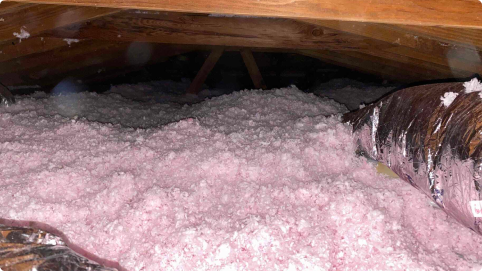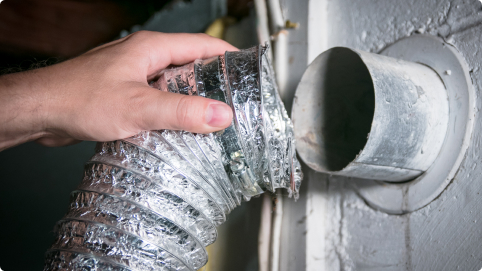Welcome to Filterbuy HVAC Solutions, the best HVAC system replacement service company proudly serving in and near the greater Weston, FL area. Please let us know how we can help solve your Weston HVAC system replacement needs with professional, affordable, and fast residential and commercial HVAC services by getting a free online quote or by giving our friendly HVAC specialists a call. We look forward to hearing from you!
Why Homeowners in Weston FL Are Opting for HVAC System Replacements in 2024
2024 is the ideal year for Weston, FL homeowners like you to update your HVAC system. Why?
For starters, advanced models from reputable brands promise comfort, superior air quality, and considerable cost savings.
Let's not forget smart thermostats plus variable speed technology. Together, they offer ideal temperature control and energy usage optimization.
These devices promote energy savings and are a shining example of environmentally beneficial technology.
Your carbon impact decreases along with your utility expenditures. Yes, you can turn your house into a little sustainable haven.
Key Takeaways
■ Residents are choosing an HVAC replacement company in Weston FL due to growing environmental concerns and rising energy use standards.
■ The warm and humid weather conditions in Florida mean having a solid HVAC system is key for a cozy house and halting mold growth.
■ Modern HVAC systems, like smart thermostats, are simpler to operate and greatly reduce power consumption.
■ Selecting new HVAC systems decreases your electricity bills and maintenance expenses, saving you a significant sum in the long run.
■ Replacing outdated systems improves the air in your home, lessens allergy issues, and also cuts down the need for air purifiers.
Rising Energy Efficiency Standards
Environmental concern grows, pushing energy efficiency standards higher. It’s also a growing trend in the consumer market.
■ Energy Savings: An energy-efficient system costs more initially but you'll save a lot on your energy bills in the long run.
■ Reduced Emissions: They reduce emissions. You'll be helping to reduce your carbon footprint and protect the environment.
Ineffective systems not only drain your money but also the resources of our world. By choosing to upgrade, you participate in reducing environmental impact.
The Impact of Florida's Climate
Florida's unique weather plays a vital role in this discussion. You're likely aware of the intense heat and elevated humidity level. Have you considered how these conditions negatively affect your system?
In summer, air conditioning systems work harder to keep us cool. This causes them to break down faster. Winter in Florida doesn't witness drastic drops in temperature like northern regions, but HVAC systems are still necessary for maintaining pleasant indoor air quality. Alternating between heating and cooling throughout the year results in additional strain on your HVAC system.
Due to these weather-related challenges, HVAC systems in Florida may not endure as long as those situated in milder climates. Residents need help from HVAC replacement services in Weston FL. They need changes to their systems ahead of time to prevent any sudden issues during bad weather. They're ensuring they're prepared and won't be caught off guard by a sudden failure.
Advances in HVAC Technology
Technological advancements greatly influenced the HVAC industry. Particularly with the development of smart thermostats. They help conserve power by learning and adjusting to your routines. They tweak the temperature when you're away to save energy, but ensure the house is warm or cool when you get back.
However, innovation isn't just about smart thermostats. HVAC systems themselves have undergone other enhancements. Greater efficiency translates into energy savings. Meanwhile, reduced noise levels, superior humidity control, and extended lifespan contribute to improved user experience.
Advancements in air filters deserve mention too, offering enhanced pollutant removal from indoor air for healthier living conditions.
Cost Savings From System Replacements
You save money with improved HVAC systems.
■ It uses less power, lowering your electricity bills. This is also beneficial to our planet as less power consumption equals less pollution.
■ New systems don't break down as often. You won't have to call a repair person as much or spend money on fixing it.
■ Modern HVAC systems are designed to be durable. You won't need to purchase another one for many years.
Lower energy usage benefits both your bank account and the environment we all share.
Enhancing Indoor Air Quality
HVAC replacement and upgrades enhance more than comfort and cost efficiency--they revolutionize indoor air quality. Proper maintenance of this system ensures clean air circulation, lowering allergen and airborne disease risks. An old or poorly maintained system compromises air filtration. This causes health hazards.
Homeowners recognize the health benefits of HVAC replacement in Weston FL. Here are some:
■ Provides Relief from Allergies and Asthma: They eliminate dust, pollen, and other contaminants.
■ Reduce Respiratory Infection Risks: This makes it easier to breathe and healthier living becomes the standard.
■ Prioritizes Energy Efficiency: Modern HVAC systems minimize your carbon footprint. Moreover, better indoor air quality lessens dependence on air purifiers, further cutting energy use.
Upgrading your system is a smart, health-conscious, and eco-friendly choice. Homeowners in Weston FL increasingly recognize this win-win situation. Isn't it time you considered it?
Frequently Asked Questions
How much does it cost to replace an HVAC system in Florida?
The HVAC replacement cost in Weston Florida differs. It’s about $4,500 to $10,000. Depending on your home's square footage and the kind of air conditioner.
What is the life expectancy of an HVAC unit in Florida?
It lasts for 10 to 15 years which is lower than the national average due to the high heat and humidity levels of the place. Regular maintenance makes it live longer.
How often should you replace the HVAC unit?
Replace every 10 to 15 years. Even with regular maintenance, units become less efficient. It’s more likely to break down beyond this period.
What brand of HVAC is the most reliable?
The most reliable HVAC brand can vary but many professionals and consumers rate brands like Trane, Carrier, and Lennox. Highly for their reliability, efficiency, and useful features. The best brand depends on your needs.
Do you need a permit for HVAC replacement in Florida?
Yes, to ensure that the installation meets the local building codes and is safe. Important also for insurance purposes.
How much does an air conditioner cost for a 2000 sq ft home in Florida?
It costs around $5,000 to $8,000. Depending on the unit's efficiency or SEER rating and brand. Also additional installation needs like ductwork or upgrades.
What HVAC lasts the longest?
Brands like Trane, Lennox, and Carrier are cited as the HVACs that last the longest. Exceeding 15 years with proper maintenance. Regular maintenance like changing filters and scheduling annual check-ups. This extends the life of your system.
How often should you replace your AC unit in Florida?
Replacement should be after 10 to 15 years because of the hot weather. This requires the unit to work harder and more frequently. Regular maintenance prolongs its lifespan but the hot weather will eventually damage it. Making replacement necessary sooner than in less demanding environments.
Is a 10-year-old HVAC old?
A 10-year-old HVAC unit is considered middle-aged while it may still work well, efficiency and reliability decline. It’s important to watch its performance and think about future replacement options.
What is the HVAC rule of 5000?
If repairs cost more than 5,000 times the age of your HVAC system, it's cheaper to replace it. For example, if your 10-year-old unit needs $6,000 in repairs, it's more cost-effective to replace it.
How long does it take to replace an existing HVAC system?
It takes one to three days for an HVAC replacement in Florida. This depends on how hard the job is and the new system. It includes removing the old system and installing the new one. Also doing any necessary adjustments or testing.
What is the best residential HVAC system?
Depends on your needs. Consider your home's size and budget. Top brands include Carrier, Trane, and Lennox.
Here is the nearest branch location serving the Weston FL area…
Filterbuy HVAC Solutions - Weston FL
2573 Mayfair Lane Weston FL 33327
(754) 296-3528
https://maps.app.goo.gl/E3tjmKf5VSWYghGc7

.webp)
.webp)
.webp)
.webp)






